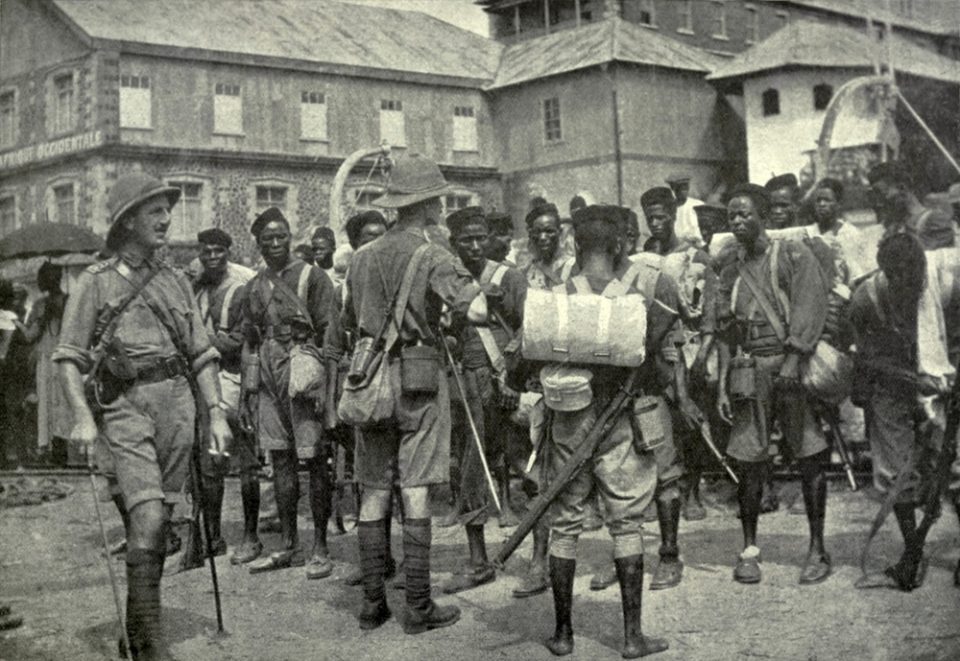How five African countries made a colonial language their own

The journey of Portuguese in Africa is a powerful tale of resilience, transformation, and cultural adaptation. What began as a tool of colonial administration has evolved into something deeply rooted in the identities of five African nations. This linguistic metamorphosis shows how a language can rise above its origins to become a vibrant thread in the tapestry of local cultures.
The historical roots of the Portuguese in Africa
The story of Portuguese in Africa started centuries ago during the Age of Discovery. Portuguese explorers, traders, and colonizers established footholds along Africa’s coasts, from Angola to Mozambique. Initially, the language served as a tool for commerce and governance. However, over time, it mingled with local dialects and traditions, laying the groundwork for its unique evolution.
While imposed during colonization, Portuguese didn’t remain a static foreign tongue. Its assimilation into everyday African life highlights the resilience of local cultures. People didn’t just adopt the language; they adapted it, infusing it with the essence of their traditions and experiences.
Modern-day Portuguese in Africa
Fast forward to today, Portuguese thrives as the official language in Angola, Mozambique, Guinea-Bissau, Cabo Verde, and São Tomé and Príncipe. It’s no longer just a colonial relic but a living, breathing symbol of unity, identity, and culture in these nations.
Portuguese is more than a means of communication. It’s a bridge that connects diverse ethnic groups and unites nations with shared histories. Each country has shaped the language into its own unique expression, reflecting its culture, struggles, and aspirations.
Angola’s dynamic linguistic mosaic
In Angola, Portuguese has flourished as the official language, blending seamlessly with indigenous tongues like Umbundu and Kimbundu.
Angola’s version of Portuguese is vibrant and dynamic, enriched with local vocabulary and idiomatic expressions. It reflects the country’s rich heritage, carrying echoes of its indigenous roots alongside colonial influences.
Despite being the dominant language, Portuguese in Angola coexists with a variety of local languages, creating a harmonious linguistic landscape that celebrates the country’s diversity.
Mozambique’s unique evolution of Portuguese
Mozambique showcases how Portuguese can adapt to local realities while maintaining its official status.
Mozambique’s Portuguese is a fascinating mix, borrowing heavily from native languages like Makhuwa and Changana. This fusion creates a linguistic bridge that fosters unity among the country’s diverse communities.
Beyond its cultural significance, Portuguese plays a crucial role in Mozambique’s education, governance, and international relations, further cementing its place in modern society.
The island nations’ rich bilingual heritage
Cabo Verde and São Tomé and Príncipe, as island nations, have crafted their own distinct versions of Portuguese, shaped by their unique histories and geographic isolation.
In Cabo Verde, Portuguese exists alongside Kriolu, a Creole language widely spoken by the population. This bilingual environment highlights the adaptability of Portuguese and its ability to coexist with native languages.
São Tomé and Príncipe offer a similar story, where Portuguese has intertwined with local dialects to create a distinct linguistic identity that reflects the islands’ unique culture and history.
Guinea-Bissau’s cultural bridge
Guinea-Bissau provides yet another example of Portuguese evolving into a unifying force.
While the nation is home to a wide range of ethnic groups and languages, Portuguese acts as a bridge, linking diverse communities and serving as a common platform for communication.
Guinea-Bissau’s Portuguese has absorbed elements from local languages, creating a rich and unique variant that reflects the country’s cultural diversity and shared history.
The future of Portuguese in Africa
The evolution of Portuguese in Africa is far from over. These nations continue to shape the language in ways that reflect their unique cultures and aspirations.
Portuguese is not only a tool for international diplomacy and education but also a medium for expressing Africa’s rich cultural narratives. As these nations grow, so will their linguistic identity, ensuring Portuguese remains a vital part of their story.
The story of Portuguese in Africa is one of transformation, resilience, and creativity. It’s a powerful reminder that even a language born of colonialism can be reshaped into a vibrant expression of identity and unity.
















